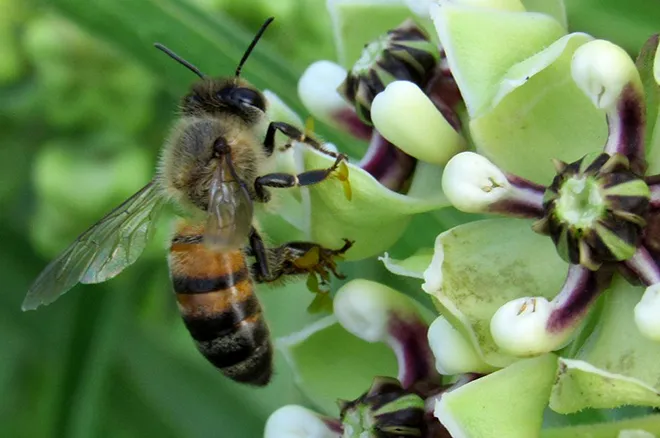
Nevada journalism professor: diverse sources key for news consumers
(Nevada News Service) As National News Literacy Week comes to an end, one Nevada journalism professor says media professionals need to make building trust with their audiences a top priority.
Some might say that's easier said than done. According to the News Literacy Project, only 26 percent of Americans say they trust most news, most of the time.
Professor Paromita Pain, assistant professor of global media at the University of Nevada Reno's Reynolds School of Journalism, said she teaches her journalism students to foster those relationships by giving audiences an idea of how stories are curated. She said she believes it's a news outlet's responsibility to establish a dialogue that promotes transparency among readers, viewers or listeners.
"How about putting a line in the story that also tells the audience that not only was the source vetted, but how exactly was that vetting done," she said.
Pain said that can be achieved by explaining how reporters meet their sources and why they choose to interview one person over another. The News Literacy Project has four steps anyone can take to help increase their overall news savvy, and other resources online at newslit.org.
Pain said reporters are products of the times and cultures they come from, and that everyone has some biases, even as they try hard to overcome them. She encouraged people to get their news from a variety of sources, especially on controversial issues. She said this more holistic approach to news is key, and that the responsibility falls on everyone.
"Finding multiple sources, making sure that we do our own research when it comes to topics, especially topics that sound very partisan, or which may sound terribly biased from the get-go," she said.
She added that it's also important for journalists to listen to audience feedback and constructive critiques, so that everyone feels heard and seen. And in a world where there are fewer news outlets all the time, her advice for current and future journalists is to "stay resilient."
















